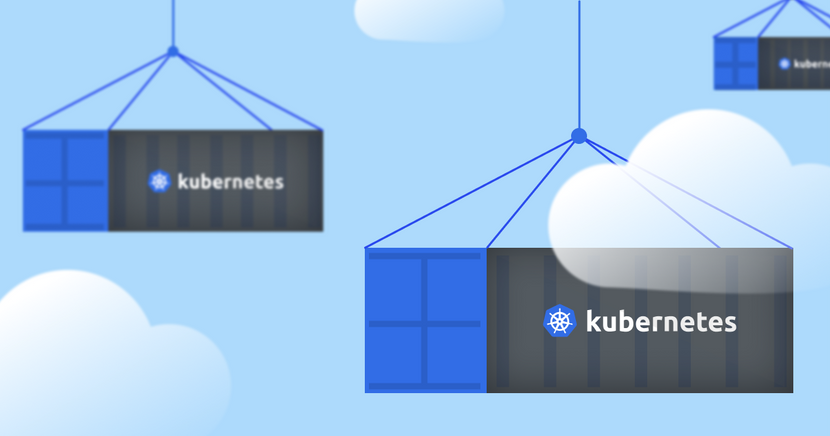Making your code base better will make your code coverage worse
Maintaining a minimum of 80% code coverage affects code decisions and not always for the better.
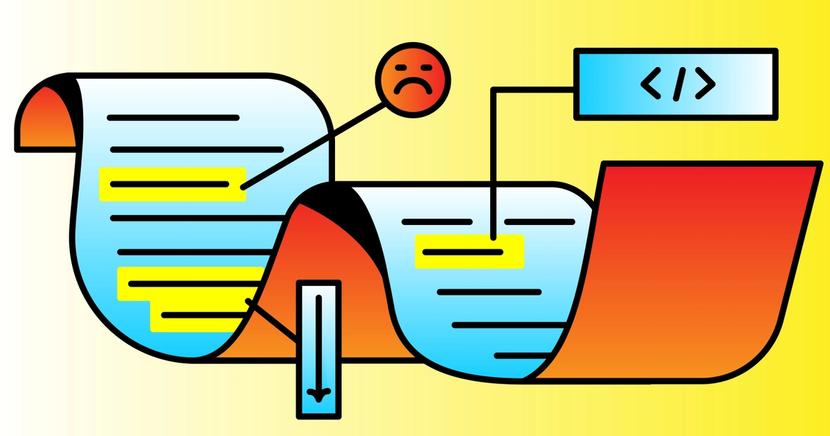
Maintaining a minimum of 80% code coverage affects code decisions and not always for the better.

How Diffblue leverages machine learning techniques to write effective unit tests.
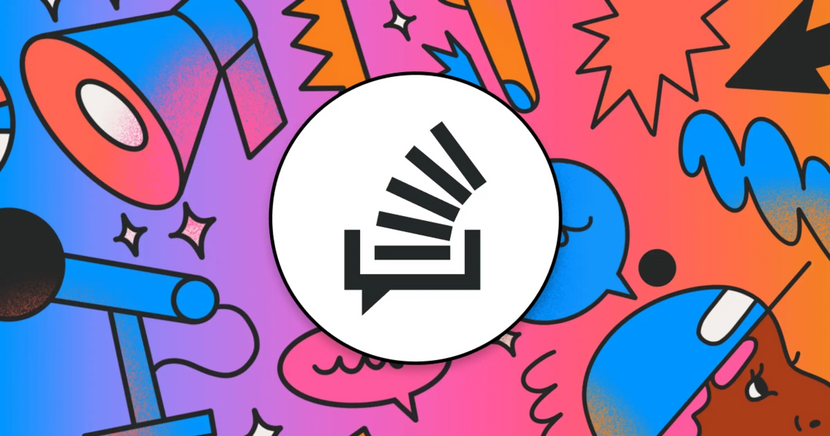
Is anyone designing software where failures don't have consequences?

Happy New Year! In this episode, Ryan talks with Jetify founder and CEO Daniel Loreto, a former engineering lead at Google and Twitter, about what AI applications have in common with Google Search. They also discuss the challenges inherent in developing AI systems, why a data-driven approach to AI development is important, the implications of non-determinism, and the future of test automation.

The home team is joined by Kinnaird McQuaid, founder and CTO of NightVision, which offers developer-friendly API and web app security testing. Kinnaird talks about his path from school-age hacker to white-hat security expert, why it’s important to build security practices into the software development lifecycle, how GenAI is changing security testing, and what security teams need to understand about developers’ working lives.

Ben and Ryan are joined by Robin Gupta for a conversation about benchmarking and testing AI systems. They talk through the lack of trust and confidence in AI, the inherent challenges of nondeterministic systems, the role of human verification, and whether we can (or should) expect an AI to be reliable.

Syed Hamid, founder and CEO of no-code test automation platform Sofy, joins Ben and Ryan to talk about scriptless automation, why his platform targets mobile app developers, and what he learned in nearly two decades at Microsoft.
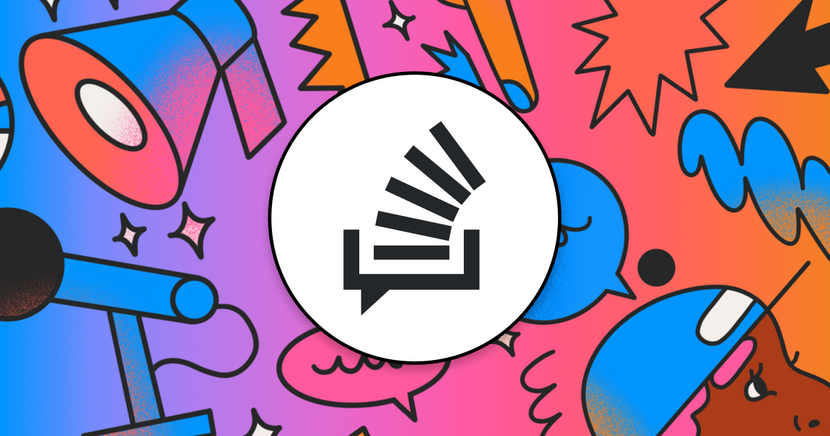
One test case, not one test assertion.
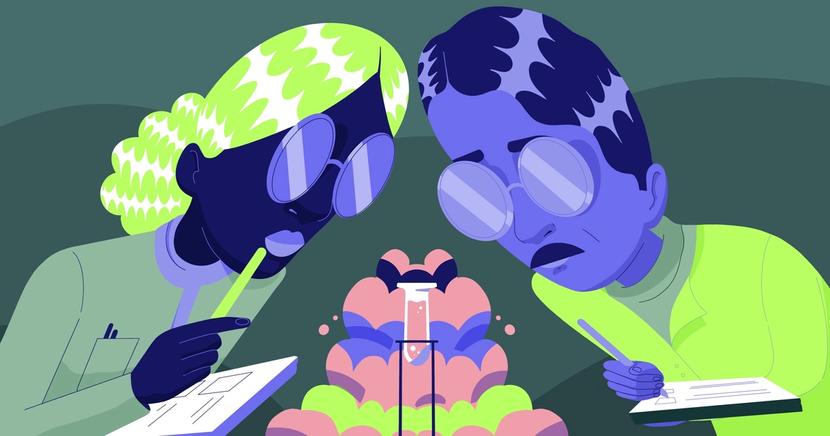
We neglected unit tests for a long time because our code base made them difficult. But now we're putting in the work to change that.

When rewriting software in a new language, how do you test that your new and old programs do the same thing?
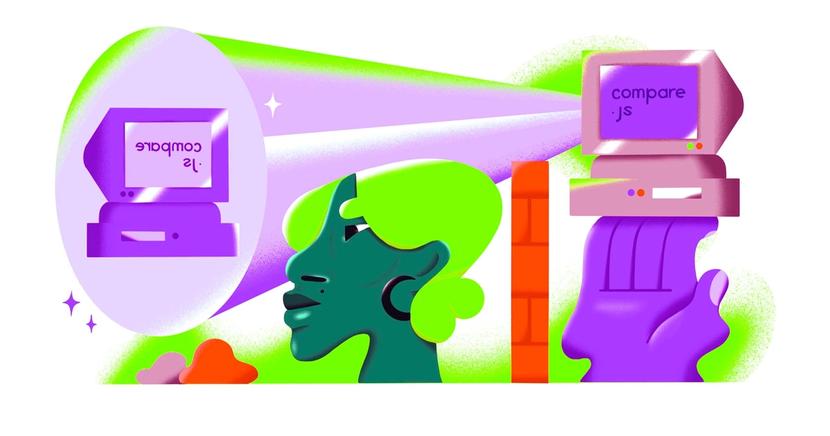
How you can debug the APIs that you consume but don't own.

Which dependencies should be present in your code base? This article suggests an answer to that question.

Deep learning models still need testing, but many of the common testing approaches don't apply. But with the right methods, you can still make sure your pipeline produces good results.

If you’re building a new app today, it might be worth taking a closer look at making it cloud-native and using Kubernetes from the jump. The effort to set up Kubernetes is less than you think. Certainly, it’s less than the effort it would take to refactor your app later on to support containerization.
